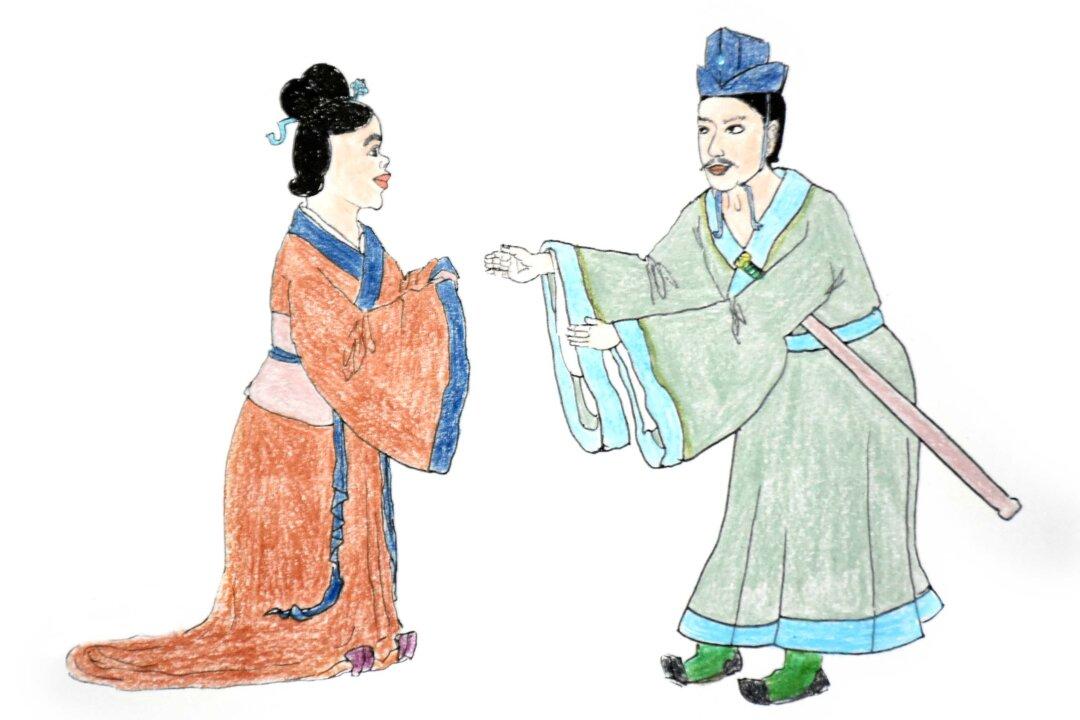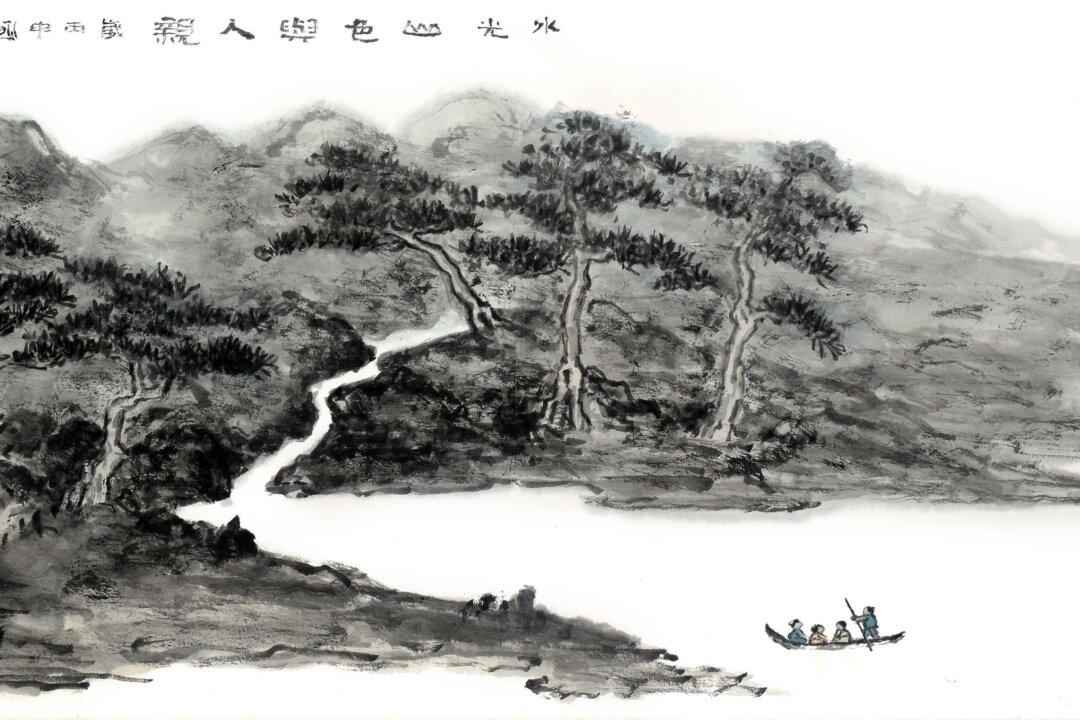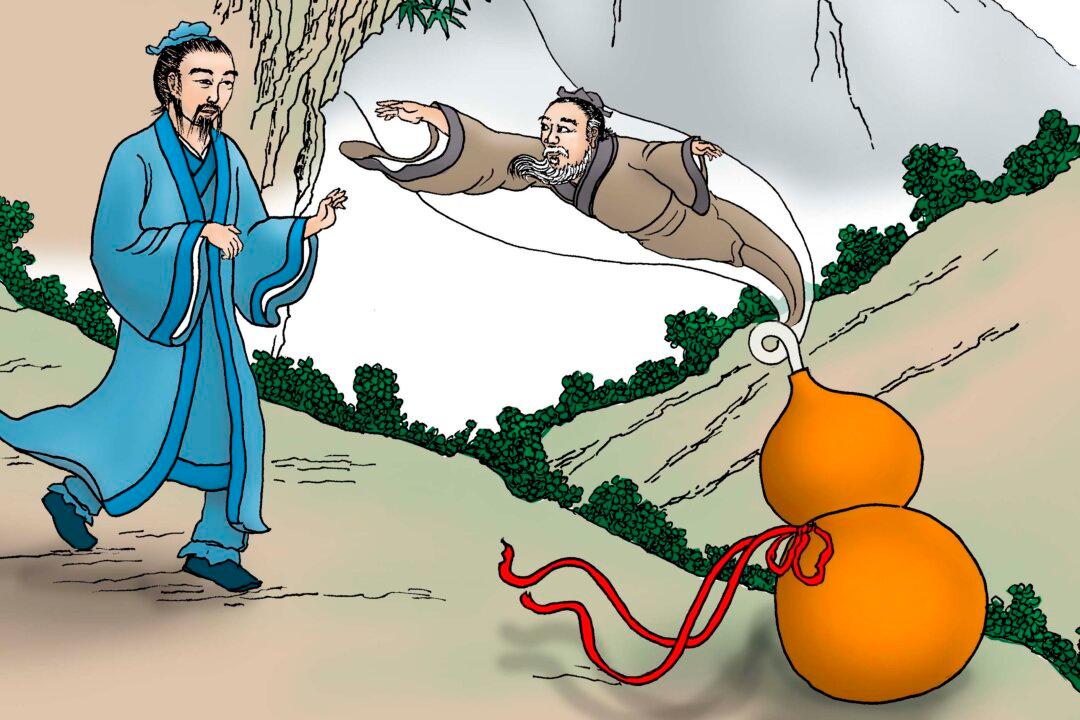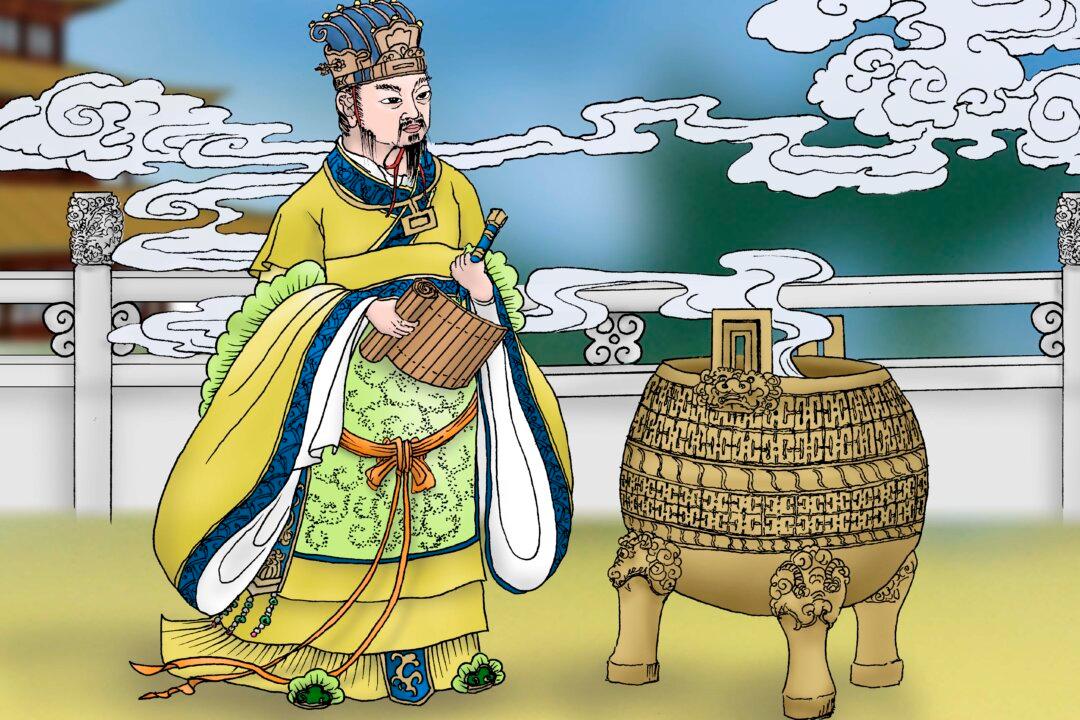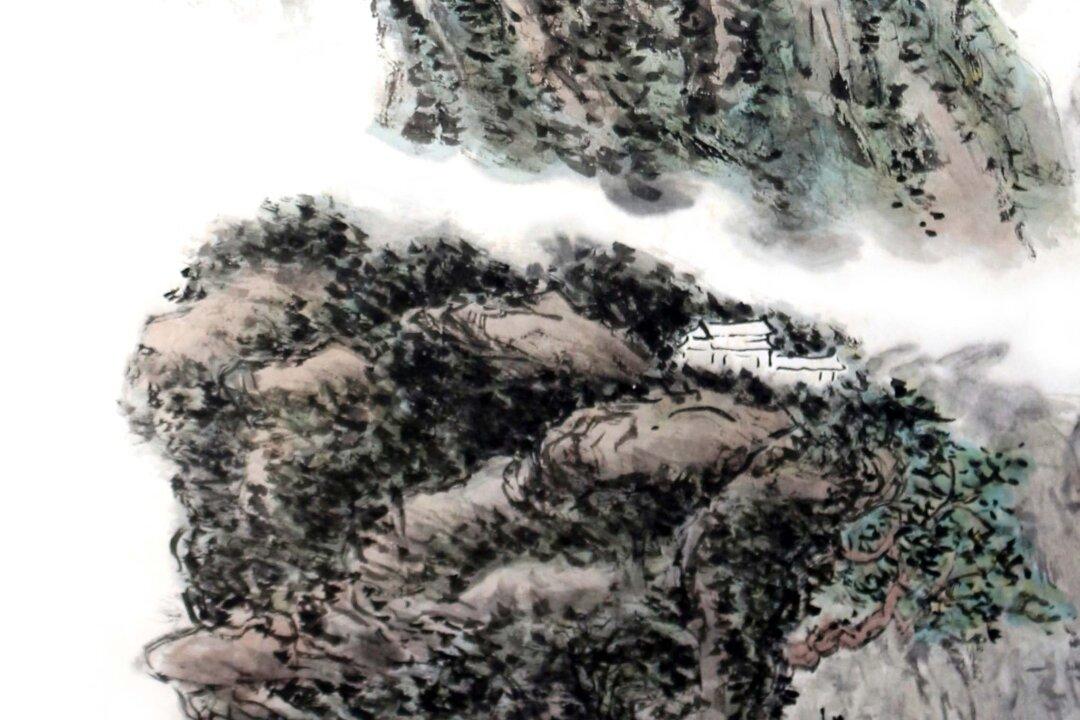There was an ugly woman in the state of Qi during the Warring States Period (475–221 B.C.) who was still single at the age of 40. One day, she came to the king’s palace and asked to marry the king. The strangest thing was, the king did marry her and even made her the queen.
Wuyan is the name of a place as well as a woman. Historian Liu Xiang of the Western Han Dynasty (206 B.C. to A.D. 24), in the “Biographies of Exemplary Women, Zhongli Chun of Qi” that he edited, described Wuyan as having unparalleled ugliness—a protruding forehead, a jutting chin, sunken eyes, an upward-tilted nose, a thick neck, little hair, a pigeon chest, a hunched back, and a dark complexion.
